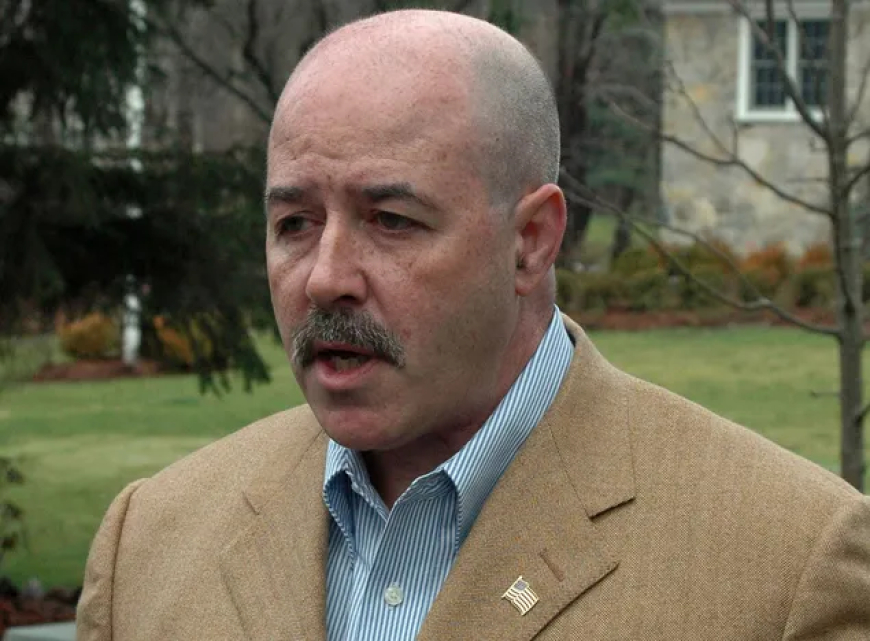Bernard Kerik: A Complex Legacy of Service, Scandal, and Redemption

Bernard Kerik, the former New York City Police Commissioner who became a national figure for his leadership during the September 11, 2001, attacks, passed away on May 29, 2025, at the age of 69 following a private illness. His death marks the end of a life that intertwined public service, legal controversies, and a quest for redemption.
Early Life and Rise Through the Ranks
Born on September 4, 1955, in Newark, New Jersey, Bernard Kerik began his law enforcement career in 1986 with the New York City Police Department (NYPD). He quickly ascended through the ranks, serving as Commissioner of the New York City Department of Correction from 1998 to 2000. In August 2000, he was appointed as the 40th Police Commissioner of New York City by then-Mayor Rudy Giuliani.
Kerik's leadership during the 9/11 attacks earned him national acclaim. He was praised for his calm and decisive actions in the immediate aftermath of the terrorist attacks, overseeing the NYPD's response during one of the most challenging times in the city's history.
From Hero to Conviction
Despite his early acclaim, Kerik's career took a dramatic turn due to legal troubles. In 2004, President George W. Bush nominated him to head the Department of Homeland Security. However, Kerik withdrew his nomination after it was revealed that he had employed an undocumented immigrant as a nanny. In 2009, he pleaded guilty to eight felonies, including tax fraud and making false statements to White House officials during the vetting process for the Homeland Security position. He served approximately three years in federal prison .
In 2020, President Donald Trump granted Kerik a full pardon, citing his commitment to criminal justice reform and the recommendations of several prominent individuals, including Rudy Giuliani .
Later Years and Continued Controversy
Following his release, Kerik remained active in public life. He was involved in efforts to contest the results of the 2020 presidential election, advising Rudy Giuliani during the post-election period. In 2023, he met with investigators from special counsel Jack Smith’s team regarding efforts to overturn the 2020 election results, asserting that the Giuliani team was making a good faith effort to investigate claims of fraud at the time .
In 2025, Kerik's consulting firm, The Kerik Group, was hired by Qatar's Washington embassy for counsel on advancing bilateral ties between Qatar and the United States, under a one-year contract valued at $240,000 .
Events in Bernard Kerik's Life
| Year | Event |
|---|---|
| 1986 | Joined NYPD |
| 1998–2000 | Commissioner of NYC Department of Correction |
| 2000–2001 | 40th Police Commissioner of NYC |
| 2001 | Led NYPD response during 9/11 attacks |
| 2004 | Nominated for Department of Homeland Security; withdrew nomination |
| 2009 | Pleaded guilty to tax fraud and false statements; served prison time |
| 2020 | Granted presidential pardon by Donald Trump |
| 2023 | Met with special counsel investigators regarding 2020 election efforts |
| 2025 | Hired by Qatar's Washington embassy for consulting services |
Moments in Bernard Kerik's Career
-
9/11 Leadership: Kerik's calm and decisive actions during the 9/11 attacks earned him national recognition.
-
Homeland Security Nomination: His withdrawal from the Homeland Security nomination due to personal revelations marked a significant turning point in his career.
-
Criminal Conviction and Pardon: Serving time for felonies and later receiving a presidential pardon highlighted the complexities of his public life.
-
Post-Release Activities: Continued involvement in political controversies and international consulting underscored his persistent presence in public affairs.
Conclusion
Bernard Kerik's life reflects a narrative of rise, fall, and attempts at redemption. From being hailed as a hero for his leadership during the 9/11 attacks to facing legal troubles and seeking forgiveness, Kerik's story is a testament to the complexities of public service and personal accountability. His passing concludes a chapter in American law enforcement history, leaving behind a legacy that is both commendable and contentious.





























